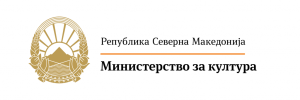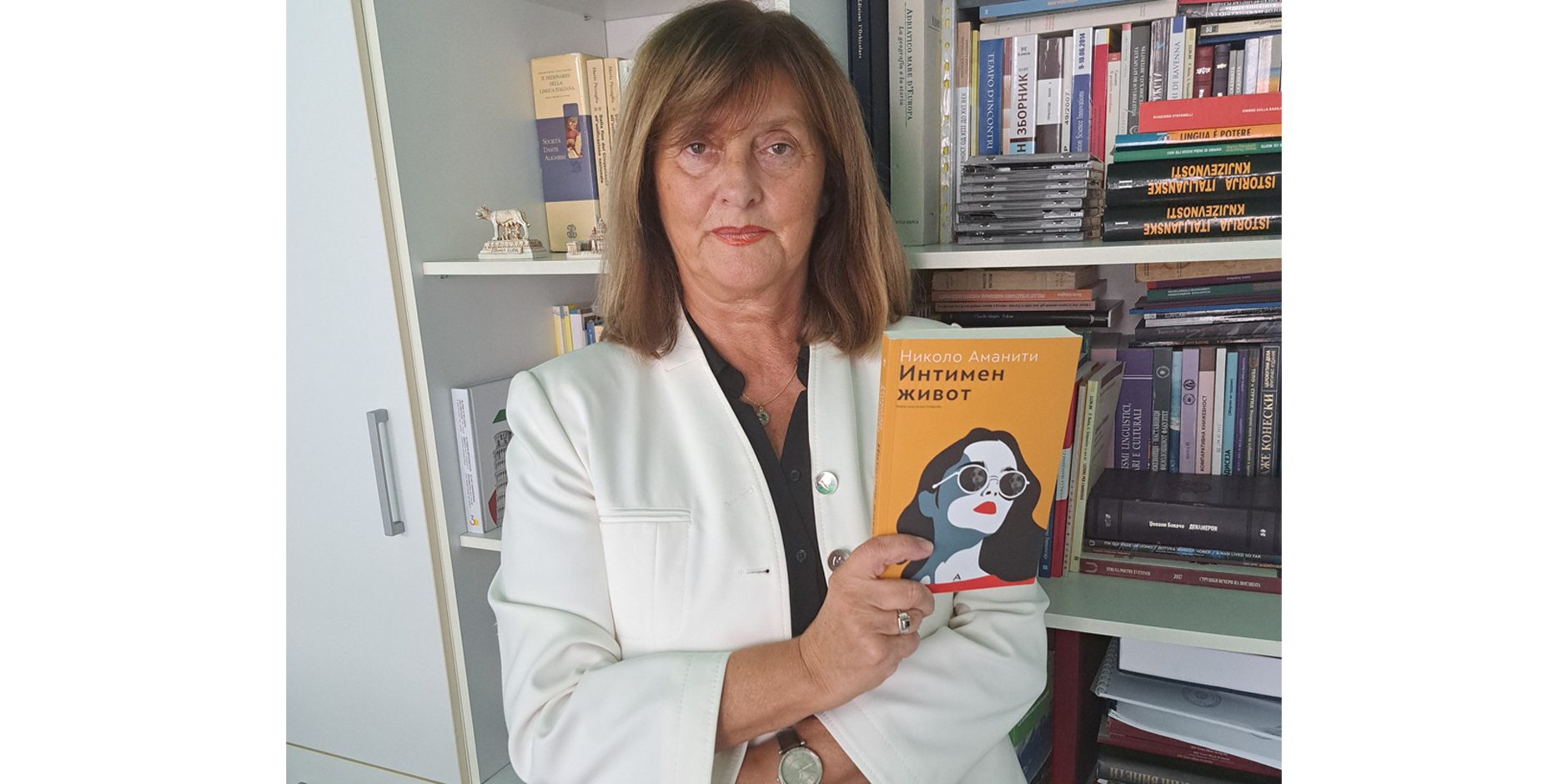1. What does the "Dragi" award initiative represent for you?
The "Dragi" Award fills an obvious void in our cultural space, as for a long time we have been facing a lack of this type of recognition that would value that proven painstaking, and not always adequately compensated, work of literary translators.
2. How important are rewards in your work?
Awards have never been primary, nor necessary to encourage me in my work, but when they come, I am certainly glad; I accept them with joy and gratitude.
3. What challenges does the literary translation bring?
Too many to list in one short interview. Both the translator and the book being translated, and finally the author himself, face many challenges. Italo Calvino, a great connoisseur of the possibilities and pitfalls of literary translation, said that he was always terrified when he opened the translated versions of his own works. His biggest nightmare was that one day books would circulate around the world that would not have much in common with what he had written. From the point of view of a translator, I would say that we are always faced with the eternal dilemma, should we strive to be more accurate, or freer, that is. how to make the work "smoothly" enter the system of our language, be readable, and still preserve the dose of astonishment, necessary for the reader not to forget that he is reading a book by a foreign author, created in another language in the context of some another culture.
4. Is any preparation required before starting the translation? Do you have your own ritual?
I have no special rituals, I sit down and work; sometimes I manage to read the whole book beforehand, to get into the author's style and poetics, but most of the time I unravel it right during the translation and that is especially fun for me. The most important thing for me is to find enough time, because I translate slowly, which all the publishers I have worked with know very well.
5. Does the translation help in enriching the language and the expression?
This is a well-known stereotype, but it is very accurate and true. Even Koneski has said that "language is forged mostly in the forge of translation"... The language is not only enriched through translation, but also tested, questioned, questioned, discovers new possibilities that it may not have been aware of before.
6. How does it feel to be part of the finalists for the "Dragi" Award again?
I would simply say that I am honored. It is pleasant to be in the company of colleagues - translators; you can always hear great stories and anecdotes from their translation lab.
7. Is translation more challenging when translating a famous or favorite author?
I don't know if the challenge is bigger or smaller, but it's natural to be happy when we find ourselves in front of a new work by an author we've already translated, or by an author we read and love. We look for familiar expressions, similarly built characters, remembered stylistic bravado or syntactic solutions. But it can also be a trap, because even the favorite author can surprise, as was largely the case with the new novel by Niccolò Amaniti, which I translated this year.









